QuestionI have some concerns that I desperately need help with and am not finding the answers I need from my vet or farrier.
I have an 8 year old Morgan mare. Last summer (she was a bit overweight at the time) she went very lame suddenly. My vet suspected an abscess and put her on Bute. She got better but a few months later we suspected it had been laminitis as she developed, literally overnight, deep ridges along the coronary band on all hooves. My vet didn't offer me any advice to the contrary so she continued turnout as usual. I switched her grain to a low carb/low sugar pellet. She was sound and worked all year.
This spring I took precautions and for the month of May brought her in for a few hours in the afteroon as I read this is usually dangerous grazing time. She got laminitis again at the end of May. My farrier said I caught it early and it was quite minor. I had xrays done in June and there is a bit of bone movement and my farrier trims and shoes her to help this. As a precaution she was moved to a dry paddock. I bought her a grazing muzzle and plan to put her out for a short while to graze each day but I haven't as of yet.
But she got it again last Saturday. Hay was cut and baled and she was fed her usual amount of the fresh hay that same weekend. The next day she had the telltale visual digital pulse and hot hooves but not very lame, just a bit off at the trot. She's on bute for a few days and I iced her feet several times a day. My farrier re-shod her today and said her feet look really impressive considering everything. I bought a truckload of 2008 hay from another farm and plan to slowly transition her to the fresh stuff. I'm very concerned because a fellow boarder told me tonight that she will never be able to eat this new hay and can only have second cut hay. My barn doesn't do second cut hay and I can't afford to pay my board as well as supply my own hay.
What are your thoughts on my situation? I feel alone dealing with this and have to make all nutrition decisions, etc., alone as there is no vet in my area who is knowledgeable enough about this. Any help is greatly appreciated.
AnswerHello Stephanie,
wow....hmmm...I am not sure I am the right person to provide an answer but might be able to at least point you to additional resources to check in case you have not consulted them already.
The first one is a website called www.safergrass.org. There you will find TONS of info and nutritional advice.
Secondly, her second bout of laminitis could have been coincidental to something else but the fresh cut hay may have been the trigger....vaccinations or other overload of nutrients could have set off inflammation.
One thing you can do with fresh cut hay is to soak it for a few hours before feeding...this is of course an extra hassle. You can get hay analyzed through state labs to see whether this hay really has a lot of carbs and other triggers that may have triggered laminitis. The website above should give you info on that as well.
Lastly, I would recommend having her tested for metabolic syndrome and insulin resistance just to make sure.
Your plan to send her out with a grazing muzzle is great, it will allow her to eat continuously throughout the day without gorging herself on too much fresh hay too quickly. Also, if she is on the plump side, adjustment in her diet will be a must, also to manage her condition. Does she really NEED grain? Most horses don't! However, if you restrict grazing you have to supplement other nutrients.....I can give you personal advice on how I manage my mare's insulin resistance without out worrying about hay quality (but again, she is probably a bit less sensitive than yours but has had full laminintis 2 x and several small bouts since then before I had her weight, food/supplement composition, and grazing turnout managed and now she has been fine for several years.)....let me know and I can E-mail you privately - my E-mail is jnksize@comcast.net.
As to not getting advice from Farriers or vets on how best to manage her nutrition, this is unfortunatley the case in many places. I had to learn myself what is best for my girl and have been sharing with and learning from other horse owners with similar issues.
Let me know if I can help further.
Christine

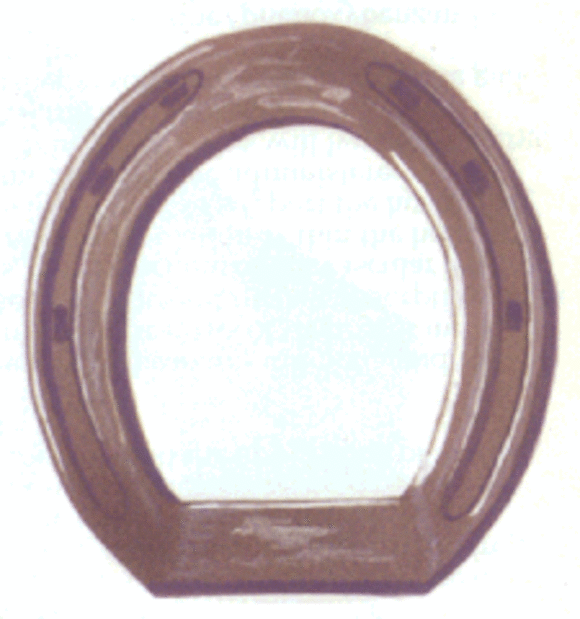 eggbar shoes on horses
Question
bar shoe
hello sir, when can i use egg
eggbar shoes on horses
Question
bar shoe
hello sir, when can i use egg
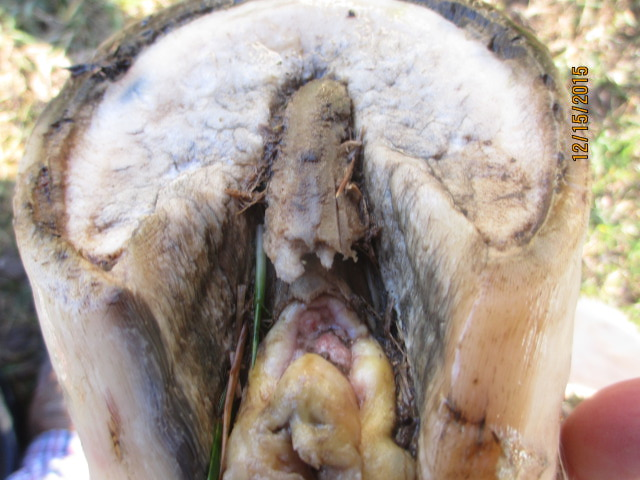 contracted hoof frog is almost gone
Question
frog
I have a paint gelding. I bought h
contracted hoof frog is almost gone
Question
frog
I have a paint gelding. I bought h
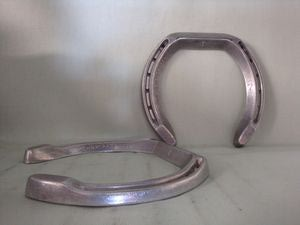 what type of shoe
Question
what type of shoe
hello sir, what type
what type of shoe
Question
what type of shoe
hello sir, what type
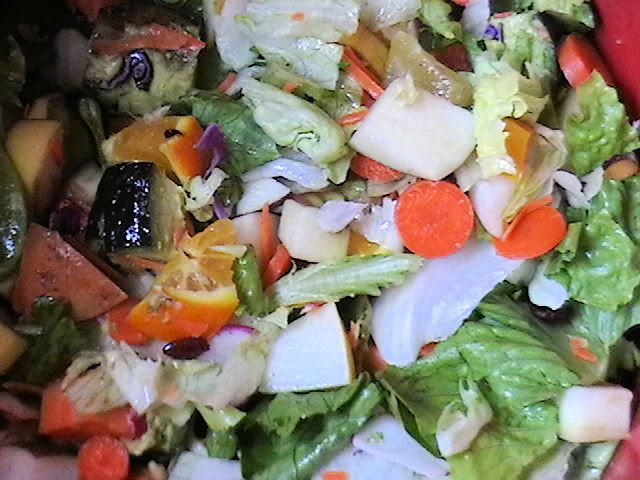 Donkey protein diet
QuestionHello, I read the article on the WLD and your r
Donkey protein diet
QuestionHello, I read the article on the WLD and your r
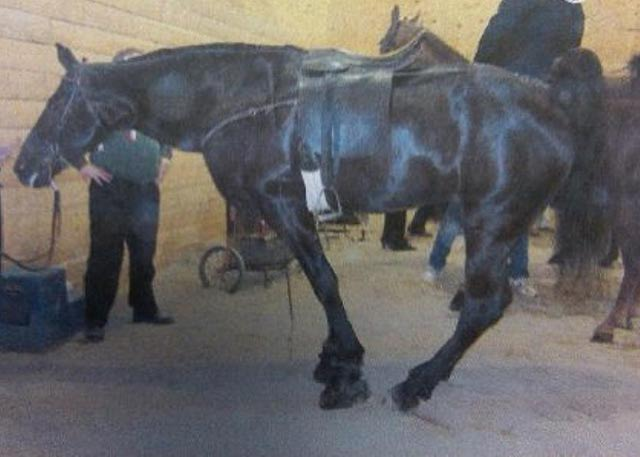 laminitis
Question
laminitis
hello sir, did this horse get
laminitis
Question
laminitis
hello sir, did this horse get